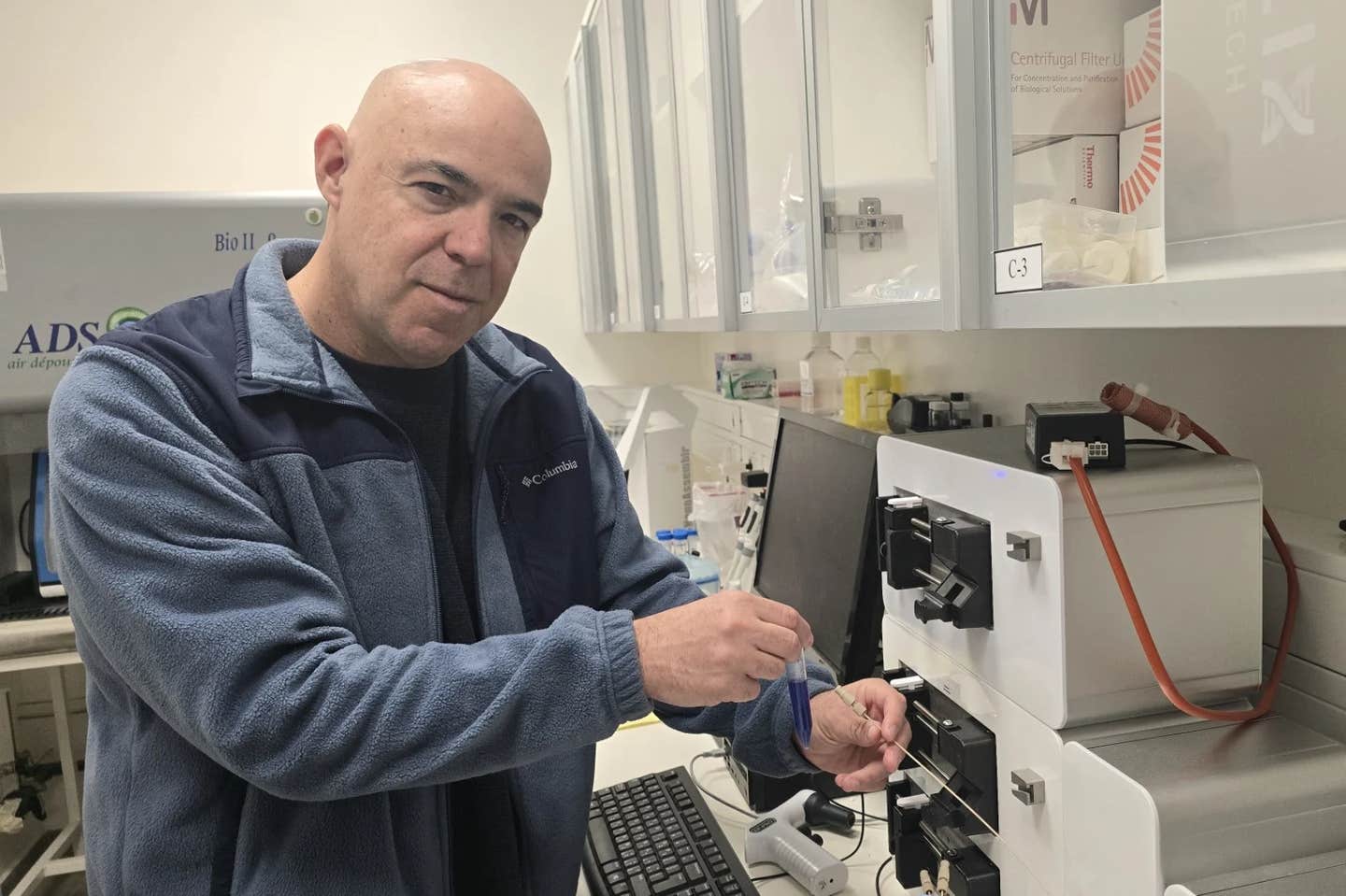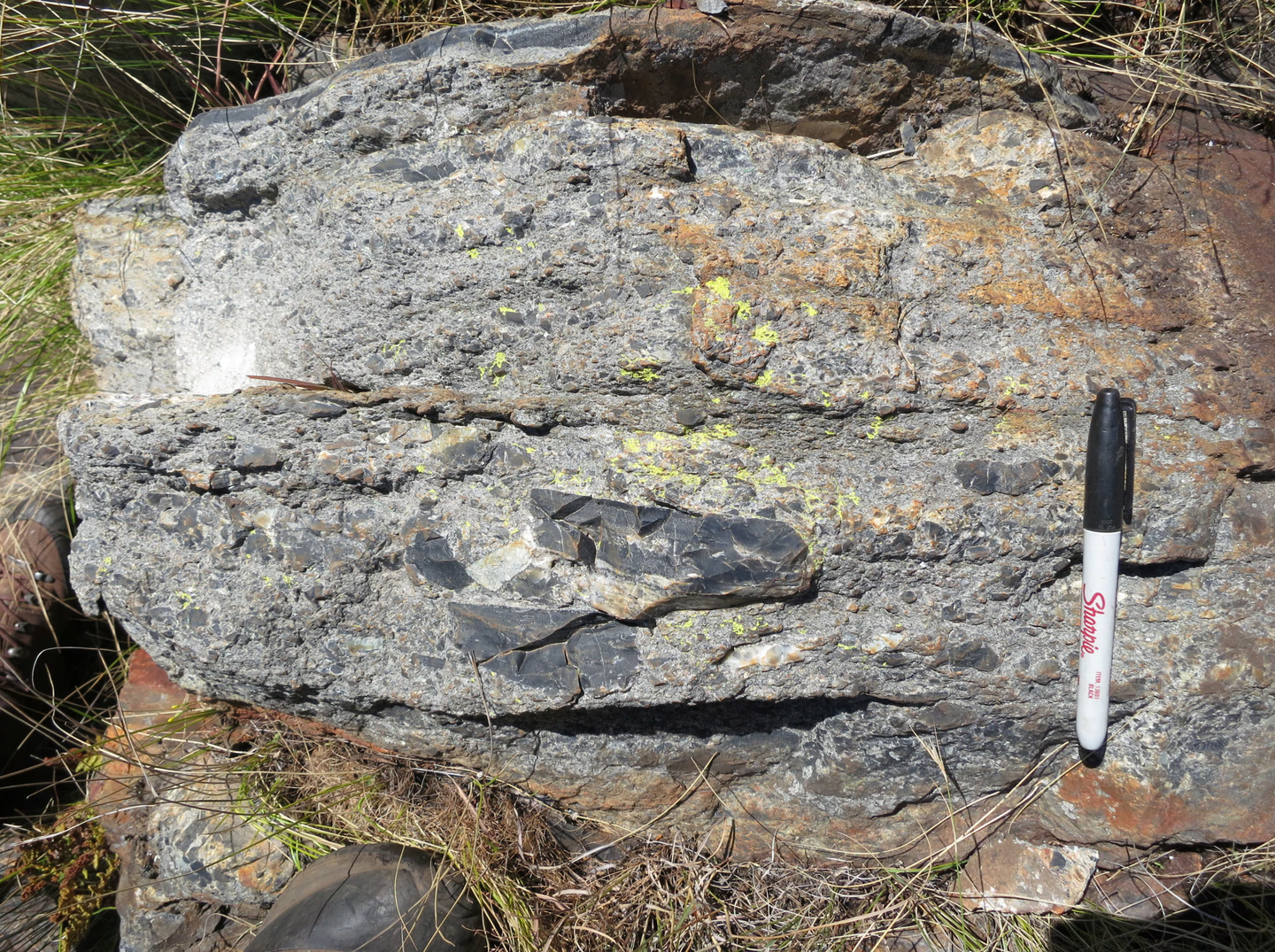Humans could develop sixth sense; scientists digging deep into brain’s echolocation capability
The brain is undoubtedly the most complex organ in the human body and medical experts have long been trying to understand its full potential

[August 28, 2021: Nirmal Narayanan]
The brain is undoubtedly the most complex organ in the human body, and medical experts have long been trying to understand its full potential. And now, a new study report has suggested that humans could develop a sixth sense similar to that of a bat's echolocation. The study report which is published in Plos One claims that humans also have a basic form of echolocation capability, a trait that helps bats and dolphins to identify the shape and movement of objects through sound.
A deeper understanding of human brains
Miwa Sumiya, a researcher affiliated with the Center for Information and Neural Networks and one of the study's authors revealed that learning more about the echolocating capability could help scientists to have a deeper understanding of human brains.
"Examining how humans can acquire new sensing abilities to recognize environments using sounds [i.e., echolocation] may lead to the understanding of the flexibility of human brains. We may also be able to gain insights into sensing strategies of other species [like bats] by comparing with knowledge gained in studies on human echolocation," Sumiya told Popular Mechanics.
Apart from possessing five senses that include touch, sight, sound, taste, and smell, humans also have minor senses like spatial orientation, proprioception, and pain reception. However, several animals on the earth have advanced senses which allow them to detect electrical and magnetic signals.
Complex study to understand echolocating capability among humans
During the study, researchers used a device to generate an echolocation signal that bounced off two oddly shaped cylinders that were either rotating or stationary. The participants accessed echoed sound through headphones.
Surprisingly, participants in the study were able to identify the existence of the rotating cylinders using the echoed sound even though they cannot see the objects. However, participants failed to identify the exact shape of the stationary objects which had special grooves attached to their surface.
Medical experts believe that advancements in the study of echolocation could help visually impaired people and it will allow them to move freely like any other human being.
For more science stories check out our New Discoveries section at The Brighter Side of News.
Like these kind of feel good stories? Get the Brighter Side of News' newsletter.
Tags: #New_Discoveries, #Bats, #Sixth_Sense, #Echolocation, #Magnetic_Field, #The_Brighter_Side_of_News
Joseph Shavit
Head Science News Writer | Communicating Innovation & Discovery
Based in Los Angeles, Joseph Shavit is an accomplished science journalist, head science news writer and co-founder at The Brighter Side of News, where he translates cutting-edge discoveries into compelling stories for a broad audience. With a strong background spanning science, business, product management, media leadership, and entrepreneurship, Joseph brings a unique perspective to science communication. His expertise allows him to uncover the intersection of technological advancements and market potential, shedding light on how groundbreaking research evolves into transformative products and industries.



